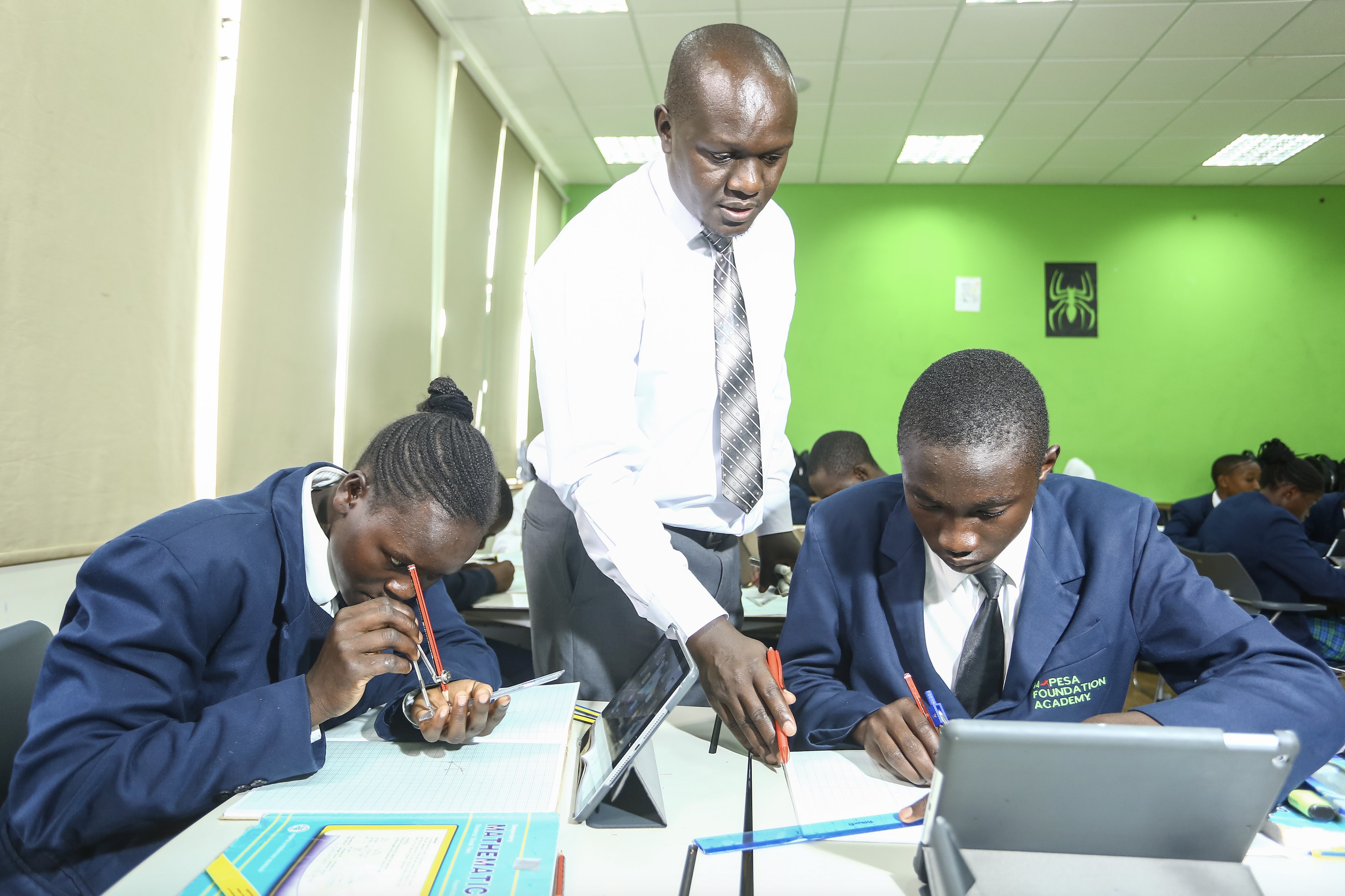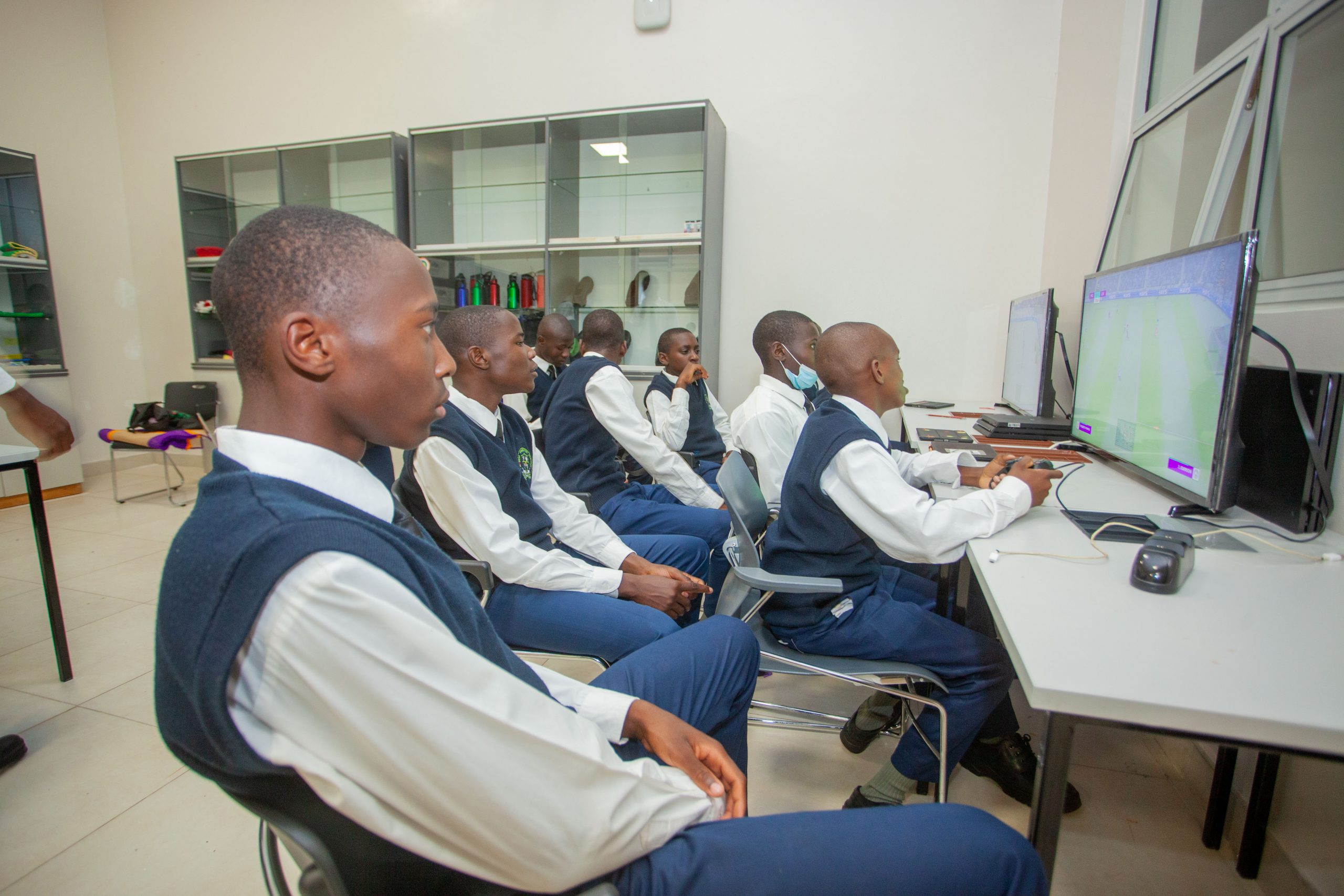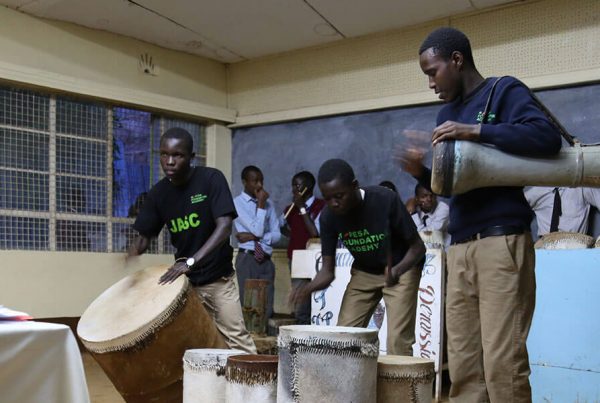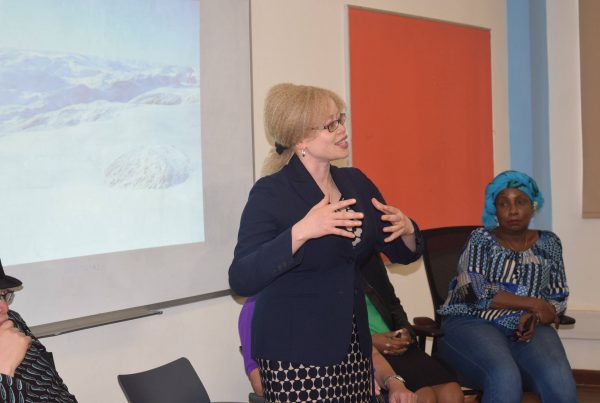Education Day
The world celebrates International Day of Education on 24th January, a day proclaimed by the United Nations General Assembly to honour education and its centrality to human well-being and sustainable development.
The 2020 theme ‘Learning for people, planet, prosperity and peace’, highlights the integrated nature of education, its humanistic aims, as well as its centrality to our collective development ambitions. It also gives stakeholders and partners flexibility to tailor the celebration for diverse audiences, a variety of contexts and for priority themes.
People
 A humanistic approach to education implies an integrated approach to the multiple individual and collective purposes of education. Education is at the heart of both personal and community development. Its mission is to help all people develop their talents fully and to realize their creative potentials, including responsibility for their own lives and the capacity to contribute to society. Education is also a powerful catalyst – for combating poverty and inequality, improving health and well-being, and overcoming discrimination. It is the key to achieving gender equality and is vital forindividuals to live healthy lives and make informed decisions for themselves, their families and their communities. It can strengthen democracy and the rule of law, as well as enhance equality by empowering vulnerable populations. Ultimately, education enables us to confront multidimensional social challenges, such as poverty, gender inequality and social isolation.
A humanistic approach to education implies an integrated approach to the multiple individual and collective purposes of education. Education is at the heart of both personal and community development. Its mission is to help all people develop their talents fully and to realize their creative potentials, including responsibility for their own lives and the capacity to contribute to society. Education is also a powerful catalyst – for combating poverty and inequality, improving health and well-being, and overcoming discrimination. It is the key to achieving gender equality and is vital forindividuals to live healthy lives and make informed decisions for themselves, their families and their communities. It can strengthen democracy and the rule of law, as well as enhance equality by empowering vulnerable populations. Ultimately, education enables us to confront multidimensional social challenges, such as poverty, gender inequality and social isolation.
Planet
Individual and collective human actions are putting immense strain on the planet and the life forms it supports. With increasing urgency, scientists remind us that human survivability is at risk without significant changes to current development patterns, which cause environmental degradation, rapid biodiversity loss and climate change. Formal, non-formal and informal learning opportunities can play a major part in the transformation needed to realize more environmentally sustainable societies, in concert with initiatives from government, civil society and the private sector. Education shapes values and perspectives. It also contributes to the development of skills, concepts and tools that can help reverse or stop unsustainable practices and allow humans to live in greater harmony with the natural world.
Prosperity
 Education, including vocational skills development, is essential for inclusive growth that does not leave anyone behind. Education and training can enhance job opportunities, increase the incomes of the poorest and, if equitably provided, reduce inequality. Reducing education disparity can increase access to decent work among disadvantaged groups. Analysis conducted by UNESCO indicates that if all people completed secondary school, as called for by Sustainable Development Goal 4, world poverty could be cut in half. Education is clearly linked with increased earnings for individuals: across 139 countries, the rate of return per additional year of schooling is 10 per cent. Rates of return are highest in poorer countries that have a shortage of skilled workers.
Education, including vocational skills development, is essential for inclusive growth that does not leave anyone behind. Education and training can enhance job opportunities, increase the incomes of the poorest and, if equitably provided, reduce inequality. Reducing education disparity can increase access to decent work among disadvantaged groups. Analysis conducted by UNESCO indicates that if all people completed secondary school, as called for by Sustainable Development Goal 4, world poverty could be cut in half. Education is clearly linked with increased earnings for individuals: across 139 countries, the rate of return per additional year of schooling is 10 per cent. Rates of return are highest in poorer countries that have a shortage of skilled workers.
Peace
 Persistent violence and armed conflict undermine all human rights and all too often violate the right to education. Preventing violence and achieving sustainable peace requires democratic and representative institutions and well-functioning justice systems. Education is a condition for political participation, inclusion, advocacy and democracy. In the best instances, education can catalyze and buttress peace, especially when access to it is equitable. A recent study drawing on data from 100 countries over 50 years found that those with wider education gaps were more likely to be in conflict. Education can also play a vital role in peacebuilding and reconciliation. Education initiatives have a proven potential to help marginalized populations gain access to justice that contributes to peaceful societies.
Persistent violence and armed conflict undermine all human rights and all too often violate the right to education. Preventing violence and achieving sustainable peace requires democratic and representative institutions and well-functioning justice systems. Education is a condition for political participation, inclusion, advocacy and democracy. In the best instances, education can catalyze and buttress peace, especially when access to it is equitable. A recent study drawing on data from 100 countries over 50 years found that those with wider education gaps were more likely to be in conflict. Education can also play a vital role in peacebuilding and reconciliation. Education initiatives have a proven potential to help marginalized populations gain access to justice that contributes to peaceful societies.




